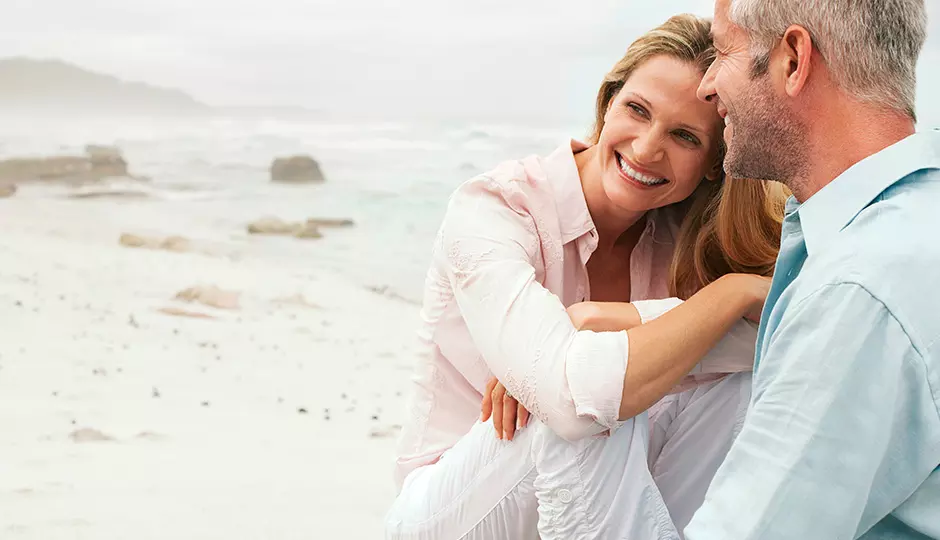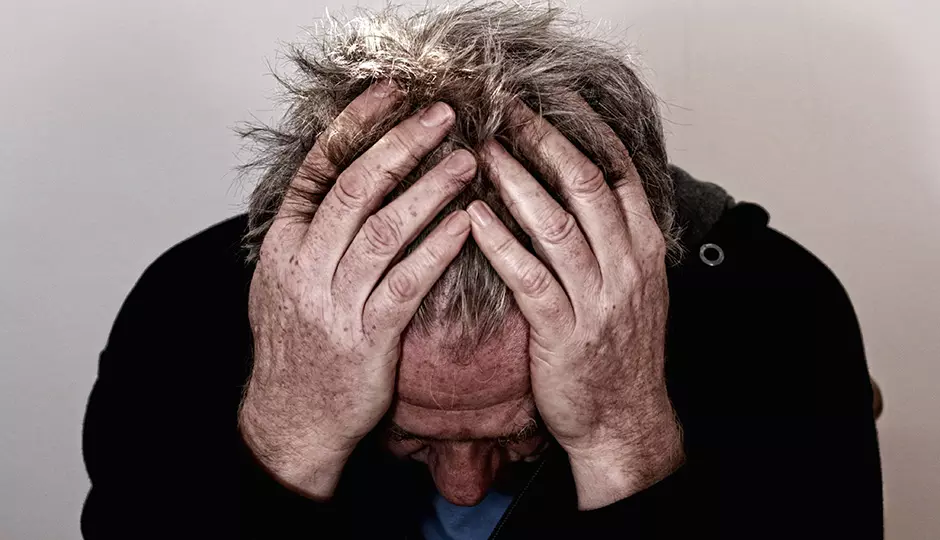Menopause is a natural biological process experienced by all women, usually in their late 40s or early 50s. During menopause, extreme hormonal shifts cause the body to go through numerous changes. As a result, menopause can cause many unpleasant symptoms, including hot flashes, mood swings, night sweats, insomnia, and menopausal hair loss.
Causes and Symptoms of Menopausal Hair Loss
Hair loss symptoms in women are different than in men. While men typically endure a receding hairline leading to partial or complete baldness, women tend to experience visible thinning. For women, it's not unusual for thinning to occur on the front, sides, or top of the head, and large clumps of hair may fall out when brushing or showering.
Research shows that menopausal hair loss is related to lowered estrogen and progesterone production. Estrogen and progesterone help regulate the hair's natural growth cycle, and when levels drop, your hair grows slower and thinner.
The hormone imbalance caused by menopause also triggers a corresponding increase in the production of androgens, a group of predominantly male hormones. Androgens are known to cause the miniaturization of hair follicles, which leads to hair loss.
For women experiencing menopause, hair loss is almost always caused by hormonal changes. However, many other factors can contribute to menopausal hair loss. Contributing factors include high levels of stress, illness, or nutritional deficiencies.
What Can I Do?
While all women go through menopause, you can take steps to minimize the risk of the associated hair loss.
1. Reduce Stress
The hormonal changes associated with menopause affect the chemistry in your brain, causing mood swings, depression, anxiety, and stress. Exercise, yoga, and other breathing relaxation techniques are especially effective in reducing these symptoms.
2. Stay Active
Exercise is a vital part of any healthy lifestyle. Exercise releases hormones that improve your mood, reducing mood swings, weight gain, and insomnia while helping to promote healthy hair growth.
3. Eat a Well-Balanced Diet
Eating a well-balanced diet is critical for overall health and maintaining a healthy head of hair. Your diet should include whole grains, fruits, and vegetables in every meal. It's also essential to ensure that you have an adequate supply of fatty acids, vitamin B6, and folic acid in your diet.
4. Stay Hydrated
Your body needs water to function correctly. How much water a person needs to drink every day varies, but a good rule of thumb is to try and drink eight 8-ounce glasses of water every day. Try to drink water consistently throughout the day and skip juices, sodas, or other flavored drinks.
5. Check Your Medications
Some medications are known to cause thinning hair and hair loss. If you are experiencing significant hair loss, talk to your doctor about the medicines you take. Your doctor may switch you to another that doesn't have hair loss as a side effect. However, don't stop taking your medication until you have consulted with your doctor, as stopping a prescription drug without medical supervision can be dangerous to your health.
Consult With a Hair Loss Specialist
Menopause can be difficult, and thinning hair and hair loss only adds to an already stressful situation. However, while hair loss is a complicated condition, it doesn't have to be permanent. In addition to changing your habits and living a healthy lifestyle, several effective treatments are available that encourage healthy hair growth.
At New Image, our compassionate team of experts offers clients the most advanced hair loss solutions available. In addition, our team of experts can help you determine if your hair loss is related to menopause and if there are any other contributing factors. If you are experiencing menopausal hair loss and would like to know how our team of experts can help, contact us today and schedule your FREE initial consultation.



